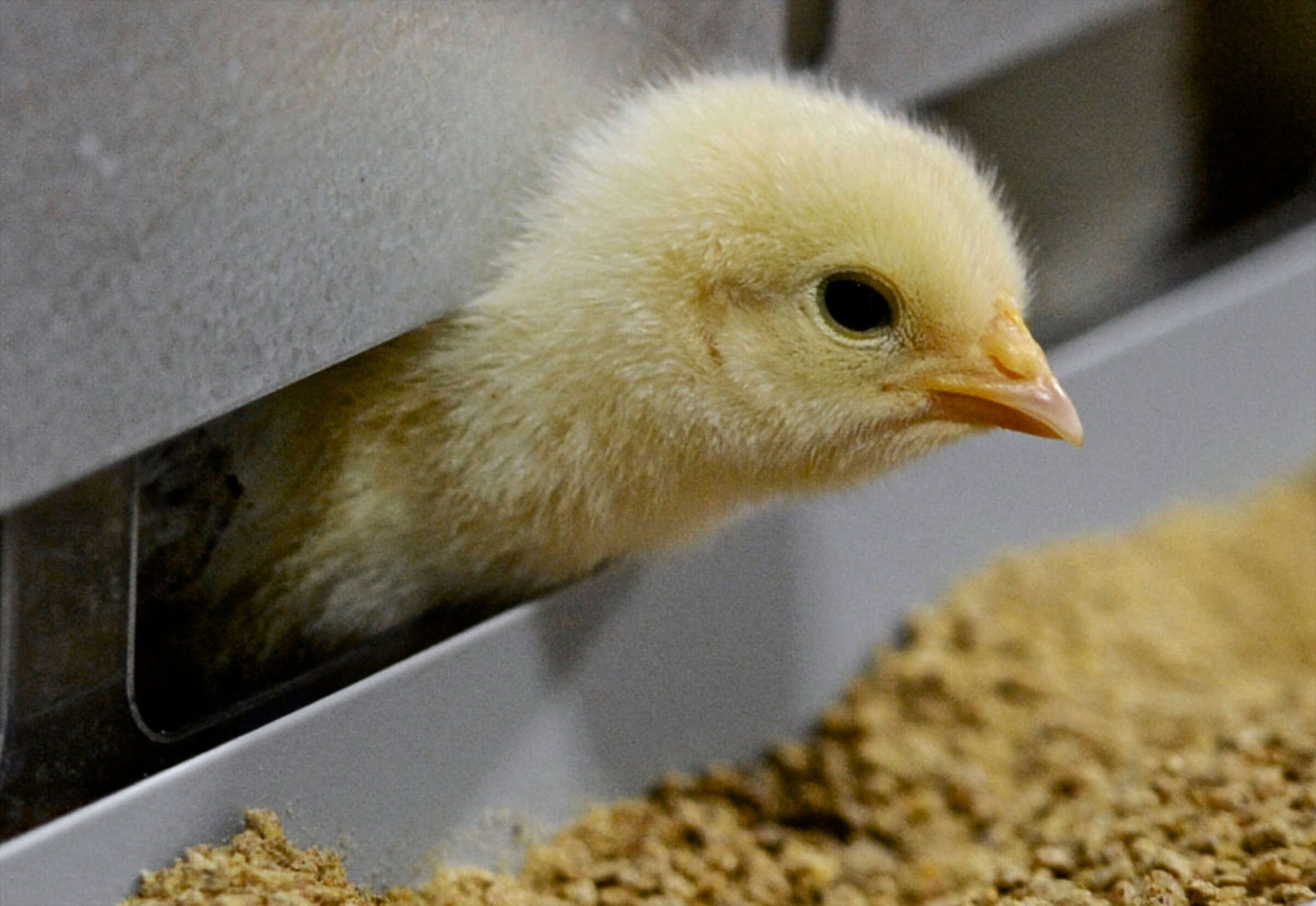In the picturesque town of Danbury, Connecticut, the Gomez family's quest to redefine chickens as household pets rather than farm animals presents a compelling tale of community, advocacy, and local legislation. Alina and Xavier Gomez, along with their two daughters, find joy and fulfillment in caring for their six chickens on their spacious 2-acre property. For them, these chickens are more than just animals; they are a beloved part of their family, embodying their commitment to fresh, sustainable living.
However, current zoning regulations in Danbury paint a different picture, classifying the keeping of chickens within residential zones as a violation unless the land is designated as a farm of at least 5 acres. This legal hurdle has inspired the Gomez family to take action by hiring Neil Marcus, a prominent land use attorney. Their mission? To challenge these outdated regulations and pave the way for chickens to be recognized as pets in their beloved city, promoting a lifestyle that many Danbury residents already embrace in secret, due to current prohibitions.
The case for chickens as pets hinges on arguments that highlight the practical and emotional benefits these animals bring to their owners, similar to traditional pets like dogs and cats. The Gomez family and their attorney propose changes to Danbury's zoning laws that would not only allow chickens to be kept as pets but would also establish clear guidelines to ensure their welfare and management. These proposed regulations include limitations on the number of chickens per household, a prohibition on commercial breeding and selling, and requirements for proper care and housing of these animals, aligning with practices in neighboring communities where chickens are already embraced as part of the family.

- A curious chick exemplifies the pet-like nature of chickens, challenging Danbury's zoning laws. Source: Rob Ryser - newstimes.com
Beyond the immediate desires of one family, this legal battle has broader implications for zoning laws and community standards across Danbury. The Gomez's case brings to light inconsistencies in enforcement and highlights a growing trend towards more sustainable and self-sufficient living practices among city residents. By challenging the status quo, the family hopes to inspire a shift in how chickens, and perhaps other non-traditional pets, are viewed within the legal framework of the city. This effort resonates with a wider audience, reflecting a contemporary desire to redefine what it means to be a pet owner and a responsible member of the community in today's world.
As Danbury’s Zoning Commission considers the Gomez family's petition, the community keenly watches, anticipating changes that could make Danbury a more inclusive, progressive place where the definition of a pet expands to embrace all creatures great and small. This dispute is more than just about chickens; it's about advocating for change, respecting individual lifestyle choices, and fostering a community that values diversity in all forms of life. As the Gomez family awaits the decision, they serve as a reminder of the power of advocacy and the potential for local laws to evolve in reflection of the changing values of its residents.
